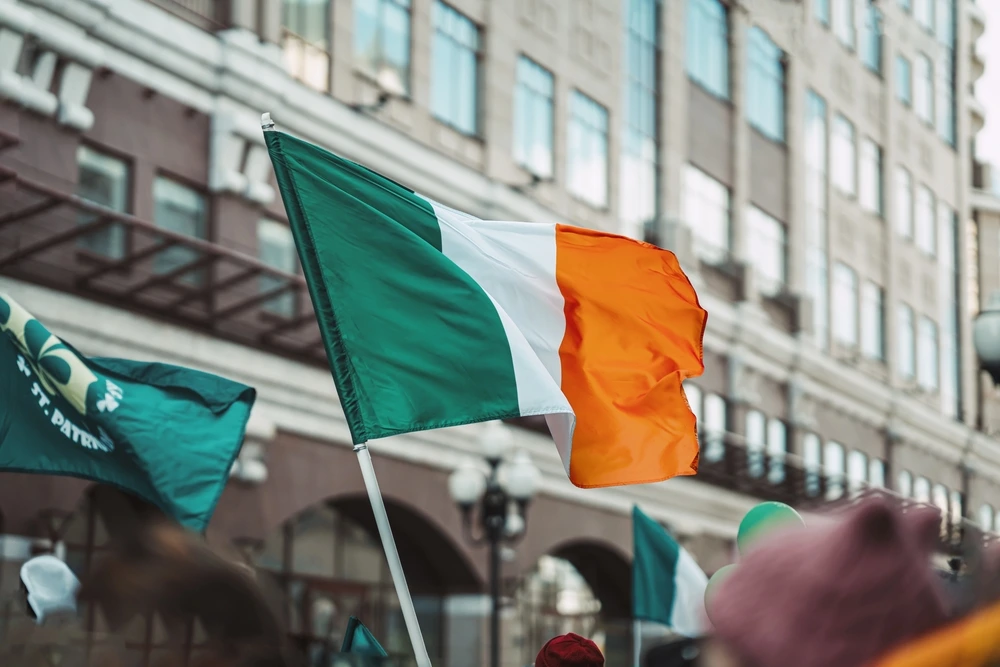
Irish Unification
- Jan 31, 2030, Ireland
Most people in the UK and, indeed, the world, are aware that in Ireland, there has been a north-south divide that goes back to 1922 when Ireland was partitioned following the signing of the Anglo-Irish Treaty. The south broke away from the UK and became an Irish Free State, whereas the north remained part of the UK.
In 1918, Sinn Fein won most Irish seats and formed an independent Irish Republic, which covered the whole island, which was followed by the Irish War of Independence between 1919 and 1921. The truce in 1921 led to the signing of the Anglo-Irish Treaty and the divide.
In 2025, there has been talk of Irish unification. This is because, in 2024, Sinn Fein leader Mary Lou McDonald stated that even though there is a lot to do, she intends to get Ireland unified by 2030.
Paddy Power has odds of 4.00 predict a 25% chance that Ireland will vote for unification to pass by January 1 2030 . ::: Discover the current Odds now HERE
The Good Friday Agreement
The troubles in Ireland are also well known, but what did they lead to?
In the late 1960s, Northern Ireland was in a conflict with the republicans who wanted the north to become part of a united Ireland, whereas the Northern Unionists wanted to stay as part of the UK. It should be noted that, in general, the republicans were Catholics, and the Unionists were Protestants.
This led to a 30-year conflict, which, on April 10, 1998, was silenced when representatives in Northern Ireland signed an agreement known as The Belfast Agreement or the Good Friday Agreement.
There is, however, part of the agreement that recognizes the right of the people of Ireland to start a united Ireland, but both sides must consent.
Is Unification Likely?
To suggest that Irish unification was likely 30 years ago would have been seen as a political falter from which there was no return.
However, there is growing evidence that it could happen in the next six years, which go far beyond the promises of the leader of Sinn Fein. The Economist Magazine has noted that the cause that will push unification is, of course, Brexit. Much like Scotland and the likelihood of a referendum, the Irish want to be able to choose who they make their allegiance with, and they feel that pushing for independence from the UK will help them in times of trouble.
There is also the religious element. Since 1998, Northern Ireland has become more Catholic, meaning that the south has moved north, as have the opinions. With the Protestant numbers also dropping in the north, more people are becoming open to the idea of a united Ireland.
As stated earlier, the reunification of Ireland is the core focus of Sinn Fein going forward, so if you want to assess if and how likely it is to happen before 2030, it is wise to keep an eye on the official Sinn Fein page https://vote.sinnfein.ie/. You can also follow Sinn Fein on both X and Facebook to see how they are professing to unify the North and the South.
Who Would Be Able to Vote on Irish Unification?
For Irish unification to happen and for the vote to be pushed through, there must be a majority decision from voters in the north of Ireland and in the south.
At the time of writing, there is no information available on the demographics of those who would be able to vote should the bill get passed.






